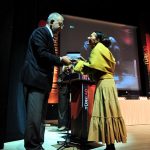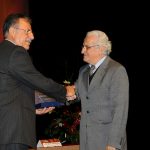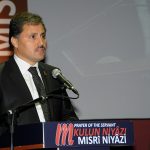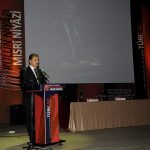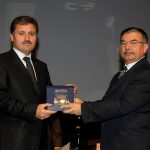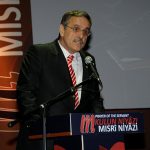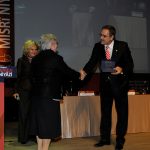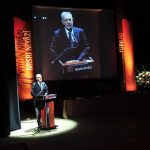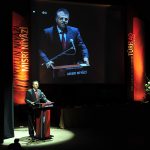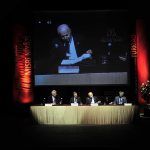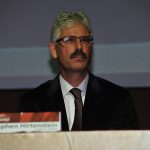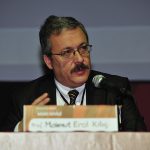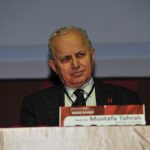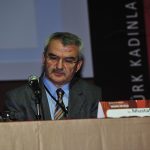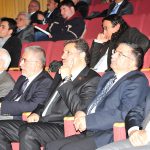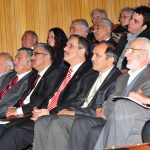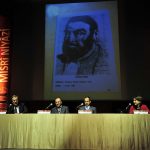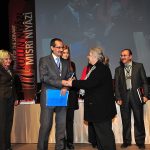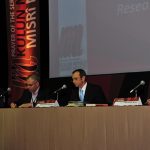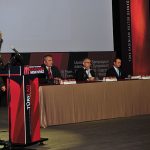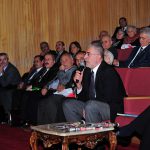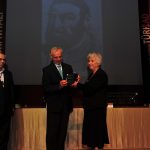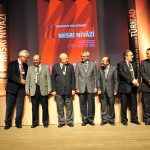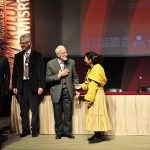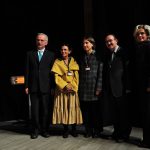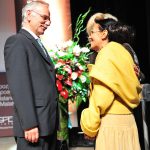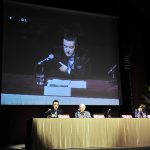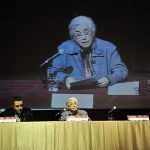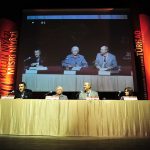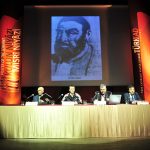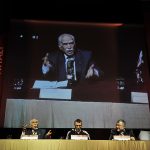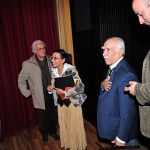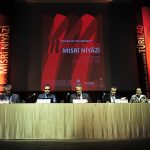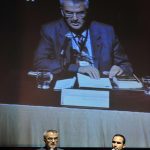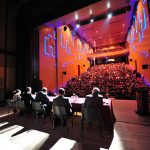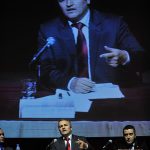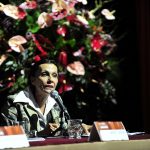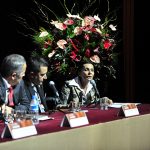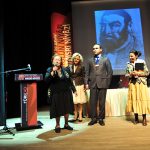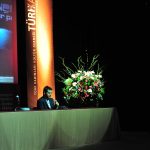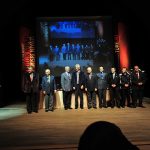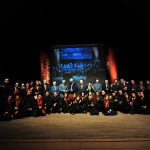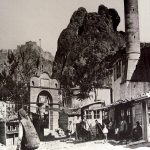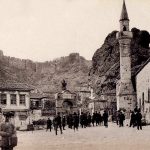In 2010, the Turkish Women's Cultural Association organized a symposium titled "Niyâzî Niyâzî, the Niyâzî of the Servant ", which deeply influenced an era. Niyâzî Mısrî, one of the greatest Islamic Sufis, was commemorated with international symposiums held in Istanbul and Malatya in October.
The first symposium was organized by TÜRKKAD-Istanbul in Istanbul on 9-10 October 2010 at Zeytinburnu Culture and Art Center. The second one was organized in Malatya as a joint work of Malatya Municipality and TÜRKKAD-Istanbul, with the contributions of İnönü University, on 15-17 October 2010at İnönü University Congress and Culture Center and Municipality Conference Hall.
A total of 27 researchers and academicians from Turkey and abroad participated in the symposiums and 35 papers were presented.
"Knowing and recognizing Mısrî Niyâzî, one of the greatest Islamic Sufis of all time, and comprehending his understanding of tawhîd will show us the ways of living heaven on earth in today's conditions. We dedicated this year to commemorating his spiritual personality, both to emphasize his place in Islamic Sufism from an academic point of view and to listen to the science of ledûn, the science of discovery, from his heart. Ken'an-er Rifâî says, 'The commentary of the Holy Qur'ân al-kerîm is in the Masnavi, the commentary of the Masnavi is in the Divan of Niyâzî Mısrî, and we have commented on that commentary in İlâhiyât-ı Ken'an'"
Cemâlnur Sargut
Turkish Women's Cultural Association (TÜRKKAD)-Istanbul Branch President
In recent years, Malatya Municipality has carried out important activities to make this great Sufi known more, based on the fact that Mısrî Niyâzî was born in Malatya. The Mayor of Malatya, Ahmet Çakır, expressed his thoughts as follows: "Mısrî is a unique and exemplary figure raised by these lands; besides his identity as a poet and Sufi, he is a unique and exemplary personality who does not hesitate to say what he knows is right, does not fit into his shell, questions, breaks the mold and never refrains from paying the price for this." In the Malatya leg of the symposium, Malatya Municipality and TÜRKKAD Istanbul exhibited an exemplary solidarity between local governments and NGOs, and cooperated with Malatya İnönü University, one of the most important academic institutions in Turkey.
After his appointment as caliph in 1656, Mısrî carried out his religious activities in Uşak, Çal and Kütahya. When rumors arose against him due to the influence of the Kadızâdeliler movement that started and spread in Istanbul, In early 1661, he left the region and settled in Bursa with a few followers. Here, with the halvet When he was not busy, he preached to the people, especially at the Grand Mosque, and he also gave sermons to the people to earn a living. made candles and sold them. Vanî Mehmet Efendi, a vizier who continued the mentality of the Kadızâdelis, was the son of Vanî Mehmet Efendi IV. After 1666, when he established a close relationship with Mehmet and banned semâ, dhikr and devâ in the country Niyâzî Mısrî continued his activities, and in his sermons, he criticized Vanî Mehmet Efendi, who caused this ban, and his He constantly criticized the mentality he represented.




